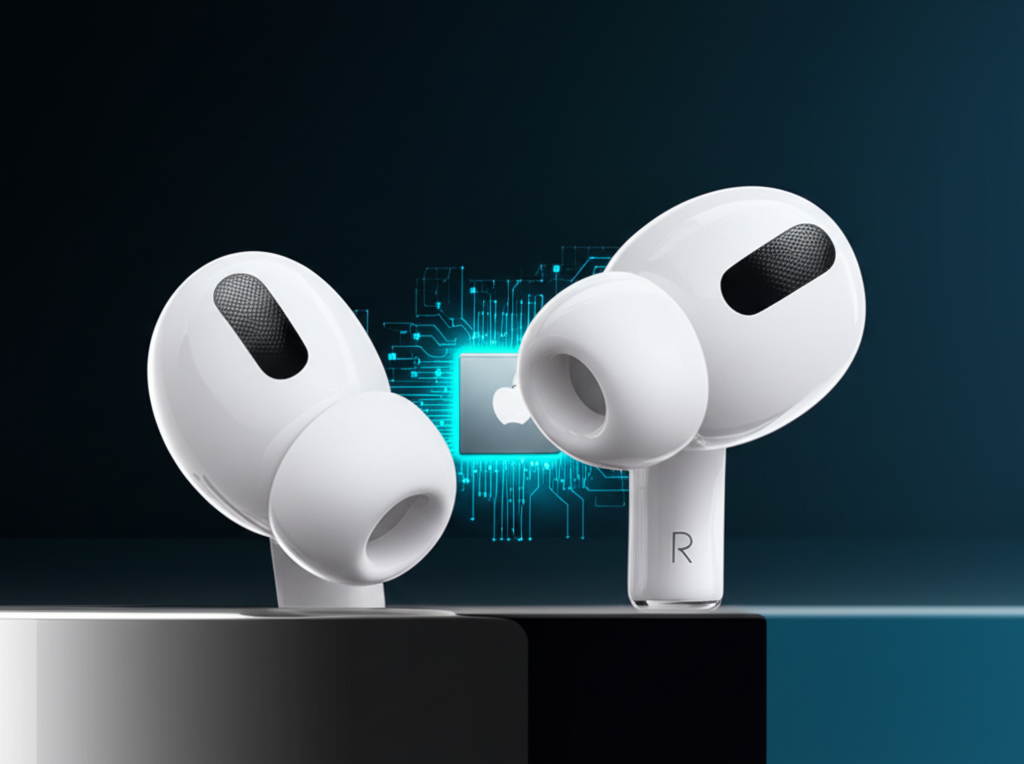As 2025 approaches, technology continues to evolve at an unprecedented pace, transforming industries and everyday life. Experts have identified the top 10 technology trends that are expected to define the year and lay the groundwork for the next decade.
Artificial Intelligence’s Expanding Role
Artificial Intelligence (AI) stands out as a transformative force in the landscape of emerging technologies for 2025. Innovations in generative AI, powered by advanced neural networks and deep learning models, are enabling systems to create content, solve complex problems, and automate tasks at scale. These advancements are no longer confined to research labs; they are permeating sectors such as healthcare, finance, marketing, and creative industries, driving efficiency and opening new avenues for innovation. The growing sophistication of AI technologies is making it an indispensable tool for businesses seeking competitive advantage and improved customer experiences.
Quantum Computing on the Brink of Practicality
Quantum computing is approaching a pivotal moment, with breakthroughs suggesting that practical applications may soon emerge. Unlike classical computing, which relies on bits, quantum computing harnesses qubits that can exist in multiple states simultaneously, vastly enhancing computational power for specialized problems. This technology holds the promise to revolutionize cryptography, enabling unbreakable encryption methods, and to accelerate materials science by simulating molecular interactions with unprecedented precision. Leading companies and research institutions are racing to overcome technical hurdles such as qubit stability and error correction, moving closer to scalable quantum machines.
Next-Generation Connectivity: 5G and 6G Networks
The rollout of 5G networks continues to expand globally, significantly boosting data speeds, lowering latency, and increasing network capacity. These improvements are critical for the proliferation of the Internet of Things (IoT), enabling billions of connected devices to communicate seamlessly. Moreover, early research and development in 6G technology are already underway, aiming to push boundaries further with even faster, more reliable connections. Enhanced connectivity will support the development of smart cities, autonomous vehicles, and advanced telecommunication applications, transforming urban infrastructure and daily experiences.
Prioritizing Sustainable Technology
Sustainability has taken center stage in technology development, reflecting growing environmental concerns and regulatory pressures. Innovations in green computing focus on energy-efficient hardware, optimized data centers, and sustainable software design to reduce the carbon footprint associated with digital technologies. Companies are investing in renewable energy sources to power operations and in materials science to develop recyclable or biodegradable components. This shift not only addresses climate impact but also meets consumer demand for responsible business practices, influencing the trajectory of future product development.
Immersive Experiences with AR and VR
Augmented Reality (AR) and Virtual Reality (VR) are maturing rapidly, enriched by improvements in hardware miniaturization, display resolution, and user interface design. These technologies offer immersive experiences that are reshaping entertainment, education, and remote work environments. AR enhances the physical world by overlaying digital information, which is useful in sectors like retail, healthcare, and manufacturing for training and visualization. VR creates fully virtual environments that facilitate remote collaboration, immersive learning, and gaming experiences. As adoption grows, these technologies are expected to become integral to daily digital interactions.
“The convergence of AI and quantum computing will usher in solutions previously thought impossible,” says Dr. Elena Martinez, Chief Technology Officer at TechFuture Inc. Her perspective underscores the anticipated synergy between these two leading-edge fields, which could produce breakthroughs unattainable by either technology alone.
John Simmons, an industry analyst at NextGen Insights, adds, “Sustainable tech is no longer optional; it’s a necessity that will drive future product development.” This highlights the critical role sustainability plays in shaping the priorities and strategies of technology companies moving forward.
From Past Innovations to Present Demands
The evolution of these technology trends can be traced back to early 21st-century innovations, where foundational research in AI, networking, quantum mechanics, and immersive technologies set the stage for today’s breakthroughs. The COVID-19 pandemic further accelerated global digital transformation, pushing organizations to adopt remote work solutions, deploy cloud computing, and rethink supply chains. This period catalyzed investment and interest in technology as a driver of resilience and growth.
Governments and private sectors worldwide have increased funding for research and infrastructure projects related to these emerging technologies. Public-private partnerships encourage innovation hubs and startup ecosystems, helping to translate academic research into viable commercial products. Meanwhile, regulations continue to adapt, balancing innovation with ethical considerations around privacy, security, and environmental impact.
Looking Ahead: A Future Defined by Fusion and Transformation
Looking forward to the late 2020s, experts predict that the blending of AI, quantum computing, advanced connectivity, sustainability initiatives, and immersive experiences will create a new technological era. This fusion is expected to lead to unprecedented levels of automation, where routine tasks across industries are managed by intelligent systems, freeing human creativity for complex problem-solving.
Connectivity will break down barriers between devices, systems, and even cities, enabling real-time data sharing and intelligent infrastructure management. Sustainable technologies will become embedded throughout product lifecycles, reducing environmental impacts while enhancing economic efficiency. Immersive AR and VR tools will create new forms of interaction, collaboration, and entertainment that blur the line between physical and digital worlds.
This transformation will not only reshape economic landscapes by spawning new industries and disrupting traditional business models but also influence societal norms and lifestyles. The rapid pace of change will challenge policymakers, educators, and communities to adapt strategies around workforce development, digital inclusion, and ethical use of technology. As the horizon of 2025 and beyond unfolds, the technology trends identified today promise to shape a future defined by innovation and sustainability, setting the stage for the next decade of progress.




